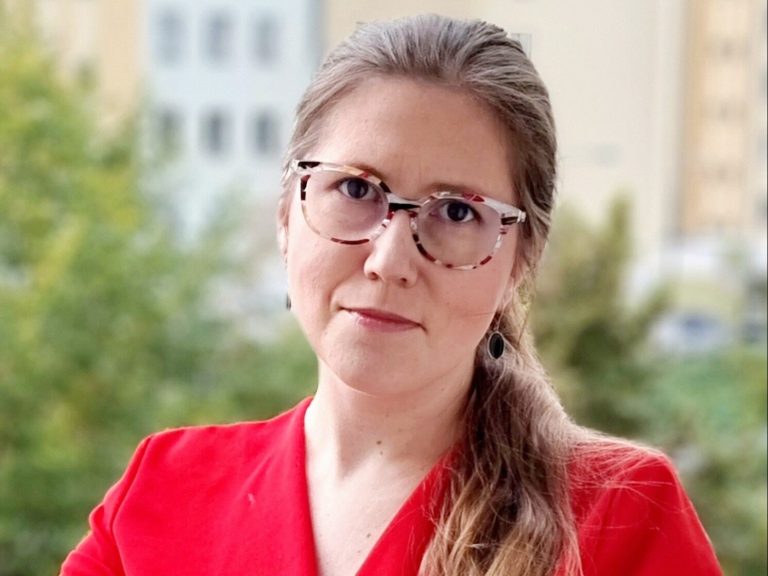Prof. Cook: “For these kidney cancer patients, you have to put all your cards on the table right away”

Treatment options for advanced kidney cancer have improved significantly recently. For some patients, however, a better option would be to use a regimen based on two drugs with different mechanisms of action in the first line. This is a combination of an anti-angiogenic drug with an immunocompetent drug – emphasized Prof. Jakub Kucharz, clinical oncologist from the National Institute of Oncology, during the debate “Wprost Health Visionaries. “Reformers 2024” with the participation of Deputy Minister Miłkowski.
Today, the treatment options for advanced kidney cancer in Poland do not differ from the methods used in Western Europe and recommended by Polish and international scientific societies, such as ESMO, NCCN, the European Society of Urology, the Polish Society of Urology and the Polish Society of Clinical Oncology. The exception are combination therapies based on two drugs with different mechanisms of action (an antiangiogenic drug with an immunocompetent drug).
This is not a therapy for all patients, said Prof. Jakub Kucharz, emphasizing, however, that there is a group of patients who would benefit the most from such treatment. – We would like to use this type of therapy in patients whose kidney cancer is very advanced and whose symptoms are severe. We would like to use all possibilities in these patients; act most strongly at the very beginning, in two different mechanisms. For many of these patients, disease progression could lead to such a deterioration in their health that they would no longer be candidates for treatment or we would be unable to help them effectively. This is a clinical situation in which we immediately put all our cards on the table – said Prof. Cook.
He explained that although double immunotherapy is already available in advanced kidney cancer, which is very beneficial for some patients, for patients with a large tumor mass it would be more effective to administer an anti-angiogenic (targeted) drug and an immunocompetent drug at the same time at the beginning. – It seems that targeted drugs somehow facilitate the action of immunotherapy. To put it simply, we can say that antiangiogenic drugs quickly control the disease, and immunotherapy – through its broad impact on the immune system – allows us to achieve long-term control in some patients – said Prof. Cook. He emphasized that dual-drug treatment lasts two years, and then an anti-angiogenic drug is used as monotherapy.
The possibility of choosing such treatment is recommended by both Polish and international scientific societies, and Polish patients are waiting for such treatment.






